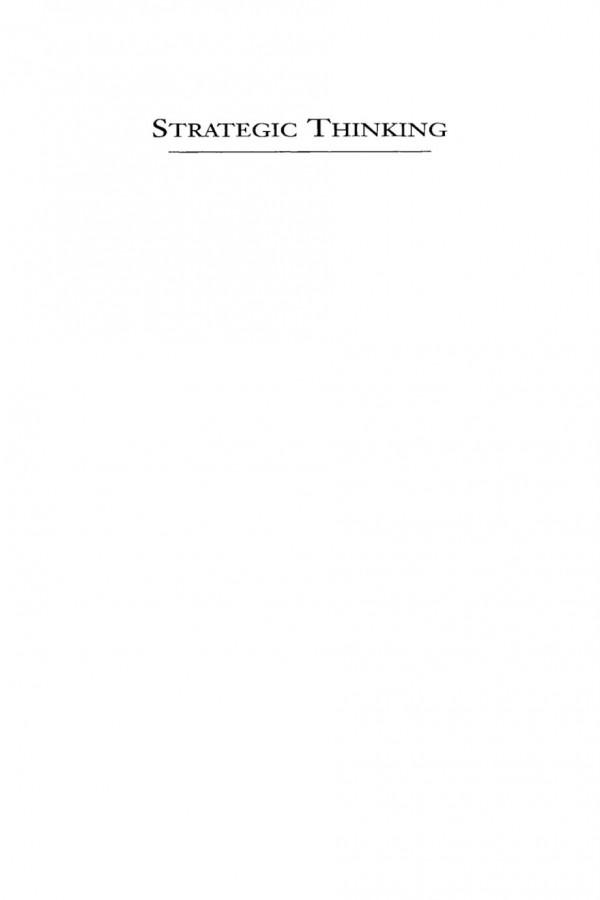

Most ebook files are in PDF format, so you can easily read them using various software such as Foxit Reader or directly on the Google Chrome browser.
Some ebook files are released by publishers in other formats such as .awz, .mobi, .epub, .fb2, etc. You may need to install specific software to read these formats on mobile/PC, such as Calibre.
Please read the tutorial at this link: https://ebookbell.com/faq
We offer FREE conversion to the popular formats you request; however, this may take some time. Therefore, right after payment, please email us, and we will try to provide the service as quickly as possible.
For some exceptional file formats or broken links (if any), please refrain from opening any disputes. Instead, email us first, and we will try to assist within a maximum of 6 hours.
EbookBell Team

4.0
6 reviewsIn this, his final book, Philip Windsor explores the emergence, meaning, and significance of the Cold War mentality. Tracing the evolution of strategic thinking from its origins in medieval Europe to the demise of the Cold War, he considers the peculiar character and autonomy that strategy acquired in the nuclear age. Windsor is concerned with changes in our understanding of war and strategy—changes, he argues, that resulted less from technological innovation per se than from the combined effects of technological, social, and political transformations. This process culminated in the nuclear age, when strategic thinking became "self-referring and self-legitimating" and strategic considerations emerged as "the decisive force in the conduct of the politics of states and blocs." Strategic Thinking addresses many of the themes that preoccupied Windsor throughout his academic career and on which his reflections threw such penetrating light: Soviet strategic thought, arms control, the role of alliances, the guerrilla phenomenon, and the rationality and ethics of nuclear deterrence. The final chapter explores the implications of the end of the Cold War for the future of strategic studies.